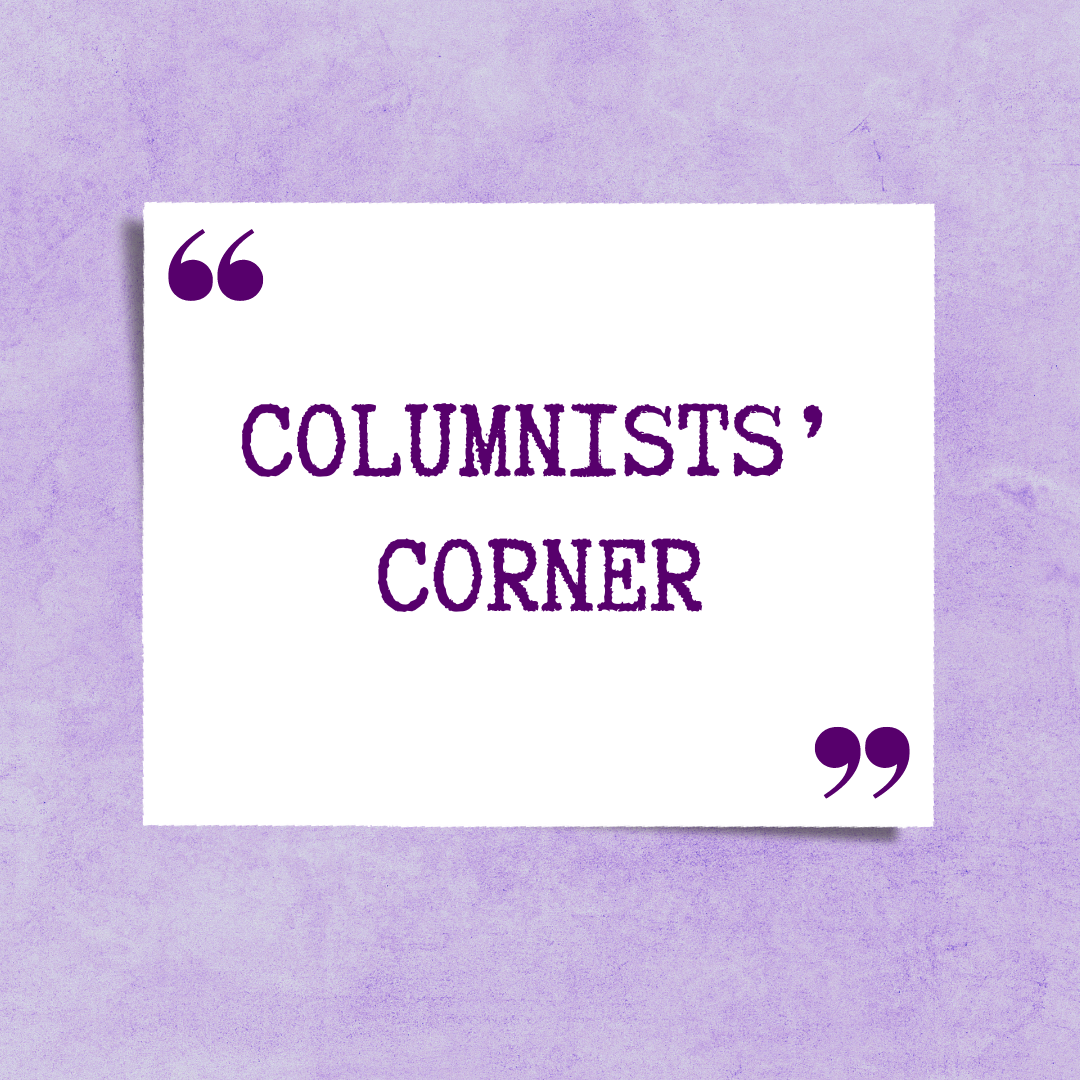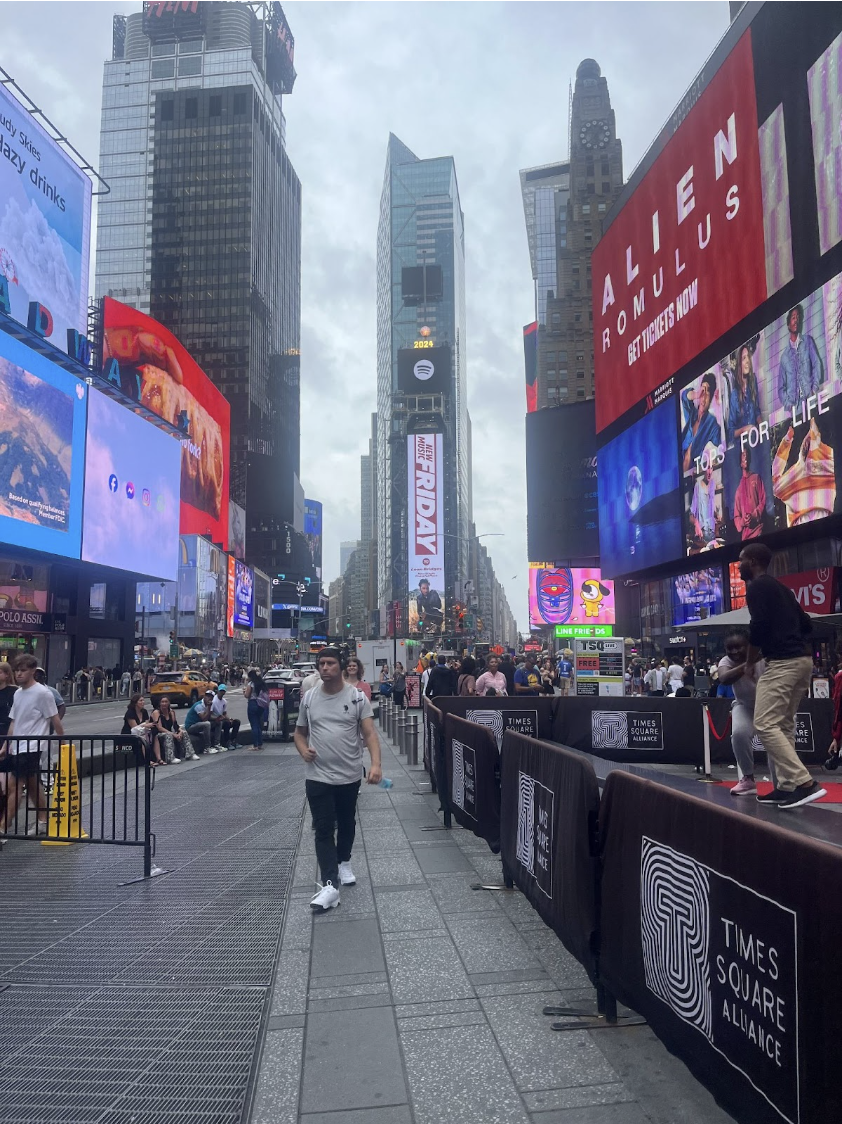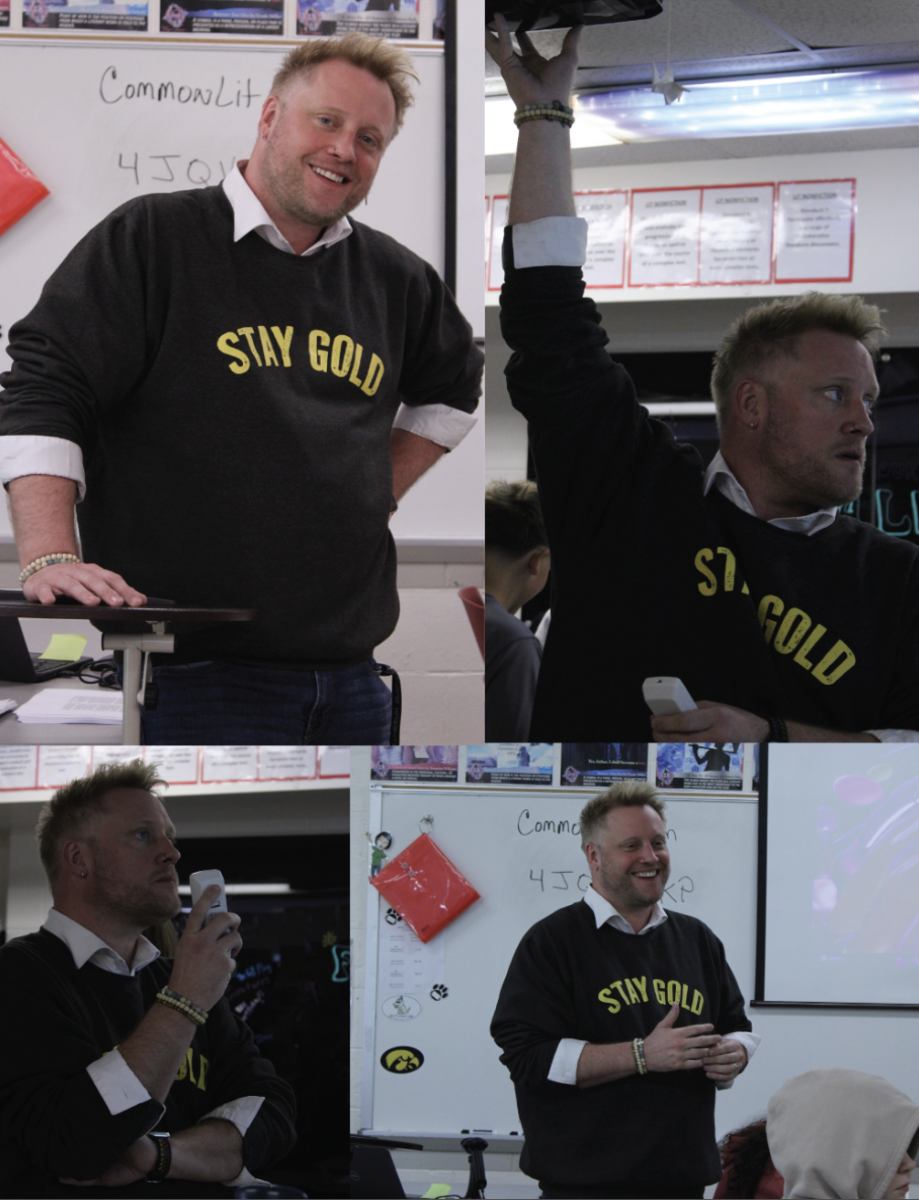I once asked my family, “If you had to get rid of one core subject in school, what would it be?”
“History,” my father answered after approximately 30 minutes of consideration.
It made sense to me. English teaches us the universal skill of language and persuasion, math is essential to understanding finances and science creates our understanding of the universe around us. We apply all these skills daily. But what does history do?
As I get older, I have started to realize that many people – including my dad – underestimate the importance of history. History is more than just knowing what happened and when it happened; it is understanding why it happened.
History classes are not just about the repetition of facts, dates and people. It would be absurd to ask that you know everything that has ever happened: great empires have fallen, destructive wars have ended and revolutionary ideas have been created. Instead, history is understanding the context of historical issues and applying it to our future.
According to the British Broadcasting Corporation (BBC), World War I, commonly referred to as the “War to End All Wars,” was a conflict so destructive that people believed no future conflict would reach its level of catastrophe. Millions were killed and injured, and destruction spread across Europe. The irony of this catchphrase would soon be realized as just over two decades later the most destructive war in history, World War II, would begin. Destruction following destruction; death following death. As a student reading about this, I wanted to scream. World War I left the world in ruins, and people recognized it. It was supposed to end war. Yet the most cataclysmic event in our history followed shortly thereafter.
To many, history is the tedious lecture of all the horrors our ancestors endured. But its hectic stories seem overwhelmingly remarkable compared to our own remote lives and experiences.
“History isn’t just all finished once and for all,” British historian Patrick Alitt claimed in his Technology, Entertainment and Design (TED) Talk. “It’s continuing up until the present we are a part of.”
History, in many ways, relates to your life in rural Illinois. It is Kaneland High School and the things we will do when we leave. We are all a part of the next generation of history textbooks (whatever those may look like) our children will read. We study history to make sure our chapters are good ones, marked by prosperity and hope.
Social studies teacher James Fuller says he loves history because “it’s the story of people, different cultures and what they’ve done.”
History is a compilation of life lessons. When facing a conflict, you consult people who have gone through a similar experience to learn how to proceed. The same applies to studying the past. We read about how other people in similar situations succeeded or failed at the task at hand, and then we can learn from it.
Critical thinking is a key to understanding history. It’s why it stands out against other core subjects. You are taught how to analyze situations and understand the politicians and historical figures, which gives us a glimpse into their lives and minds. Almost every side in history believed they were right, that they were the good guys or the victims. History is a story of perspectives, not always of right and wrong. We can begin to appreciate the true complexities of humanity when we look at the past.
History can offer step-by-step instructions on how to enact change, but it can also be our warning label. Being able to interpret historical events can help you initiate the change you want to see, even if that change is gradual.
“Change is slow in the grand scheme of things,” Fuller said. “Lessons can be learned over time. It’s just not as immediate as we might think it would be. You do need to [look at] several decades to see a change in society occur.”
History relates to yesterday, today and tomorrow. By learning how to think, interpret and analyze speeches and documents, you learn how to understand what is happening in the world. Watching as a new president steps into office, we make connections to other presidencies. As ceasefires are being negotiated, we turn to the past to determine what makes a ceasefire agreement successful or not.
History is all around us. Every day, a new page is written. We rely on the past to explain our present moment.
As Danish philosopher Soren Kierkegaard once wrote, “Life can only be understood backwards; but it must be lived forwards.”
History is not an obsession about what was, but an explanation of what is. It is the context of the world we live in today and the warning about the world we might live in tomorrow.








